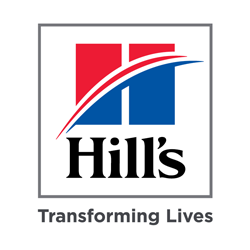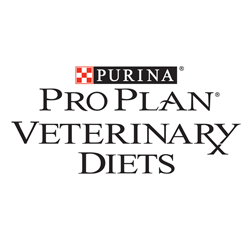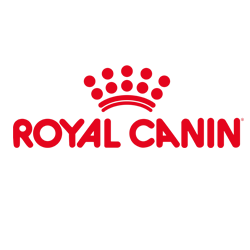Diet-associated Dilated Cardiomyopathy
There has been increased reporting of diet-associated dilated cardiomyopathy (DCM) in dogs in the last few years.103-105 Previously identified risk factors include lamb and rice diets, low-protein diets, and high-fiber diets.106 Certain breeds are predisposed (e.g., golden retrievers, Newfoundlands, Irish wolfhounds).103, 107, 108 Recently, more atypical dog breeds have been diagnosed with DCM. Some dogs have been documented to have taurine deficiency and subsequent DCM, whereas many of the dogs have had normal blood taurine concentrations. 75 Some common dietary features in these cases included feeding a diet high in lentils or peas or feeding a grain-free diet.93,94
Research is currently being conducted to determine what is contributing to diet-associated DCM in dogs. A few theories include:
- Inclusion of ingredients that may negatively affect bioavailability of amino acids and other essential nutrients.
- Low caloric intake relative to calculated energy needs, contributing to a relative decrease of nutrient ingestion.
- A possible nutritional excess or toxicity.
- A nonnutritional toxicity.
- Additionally, as previously identified, there likely are some breed-related factors at play.
The only way to definitively diagnose DCM is via an echocardiogram, but this is an expensive test that may not be readily available to all dog owners. If a dog is exhibiting clinical signs of heart disease (e.g., new heart murmur, cardiac arrhythmia, exercise intolerance), thoracic radiographs should be performed. If there is suspicion for DCM or evidence of congestive heart failure, then an echocardiogram should be performed.
Many dog owners want guidance on what they should (or should not) be feeding their pets. Given currently available evidence, the most conservative approach is to avoid feeding grain-free diets or diets high in legumes. Because this is an evolving issue, pet owners should carefully consider the pros and cons of feeding a specific type of diet with their veterinarians. It is also incumbent upon veterinary professionals to stay current in this area of research.






